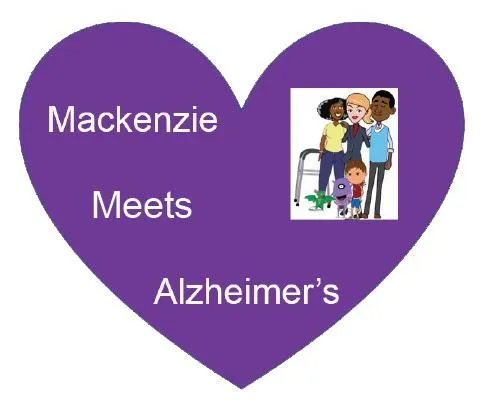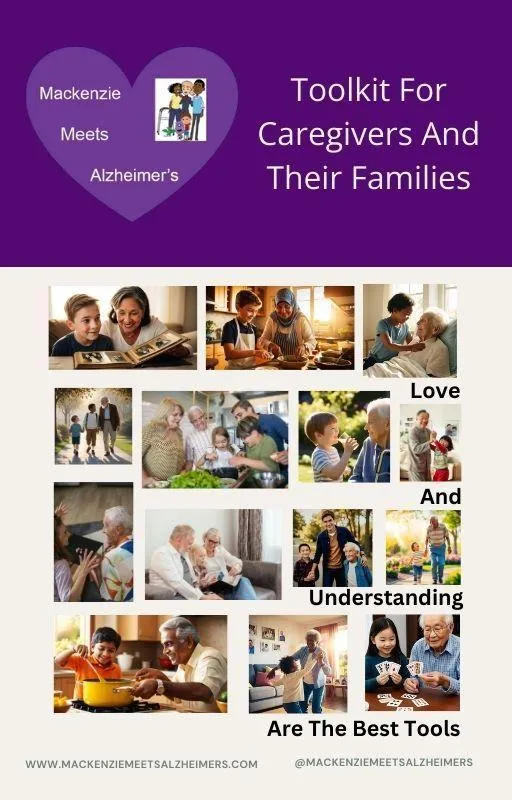
Sorry, This Page Isn't Found
The page you are looking for may have been moved, deleted, or never existed.
404

Mackenzie Meets Alzheimer's
FREE Toolkit For Caregivers
And Their Families
The Toolkit is a guide to help caregivers engage kids in understanding and positively interacting with a loved one
who has Alzheimer's. It is full of information, tips, activities, don'ts & dos, self-care for the caregiver, and resources
to empower the caregiver and their families.
© COPYRIGHT 2025 Mackenzie Meets Alzheimer's | PRIVACY POLICY | TERMS & CONDITIONS